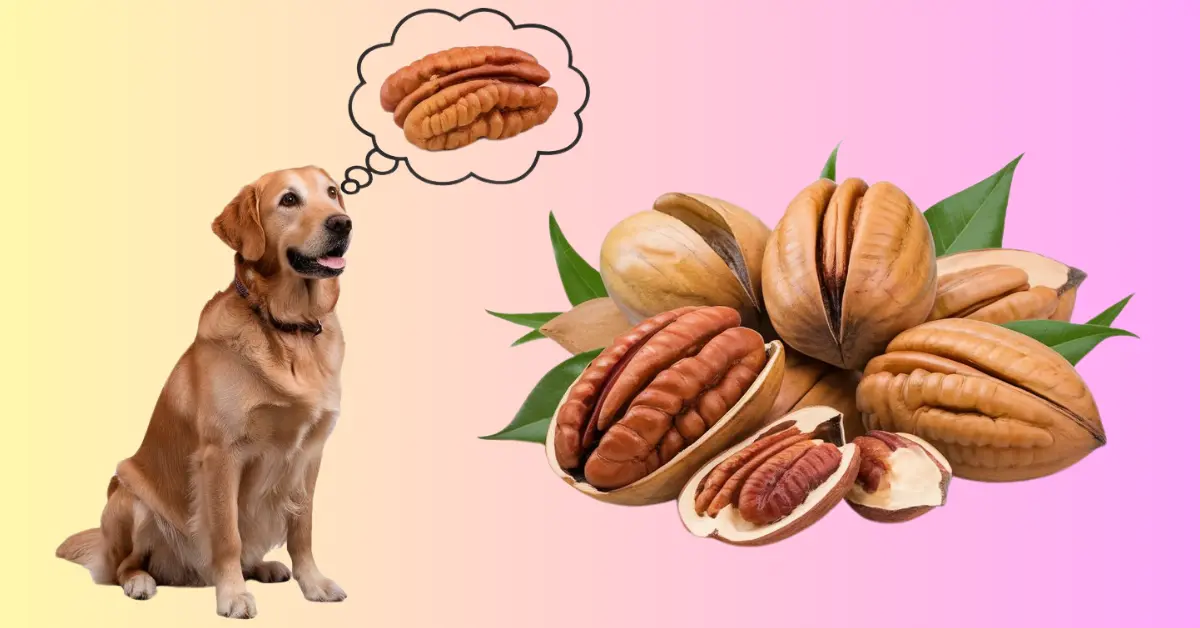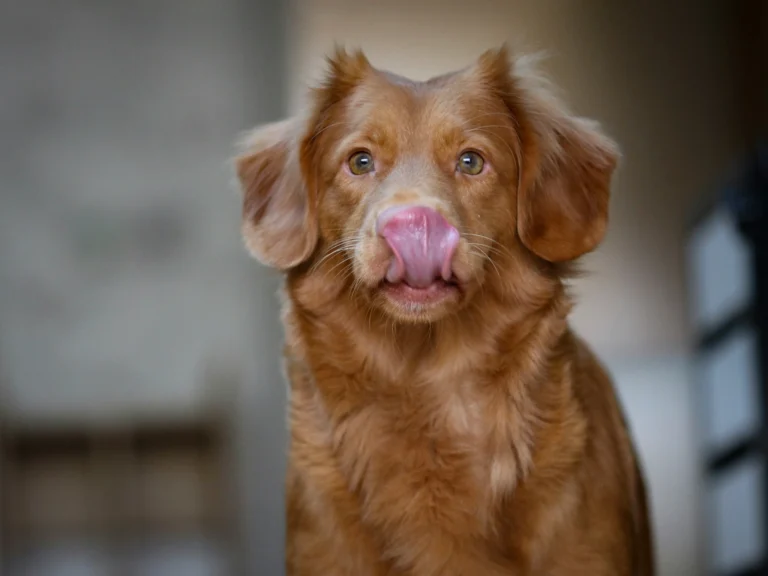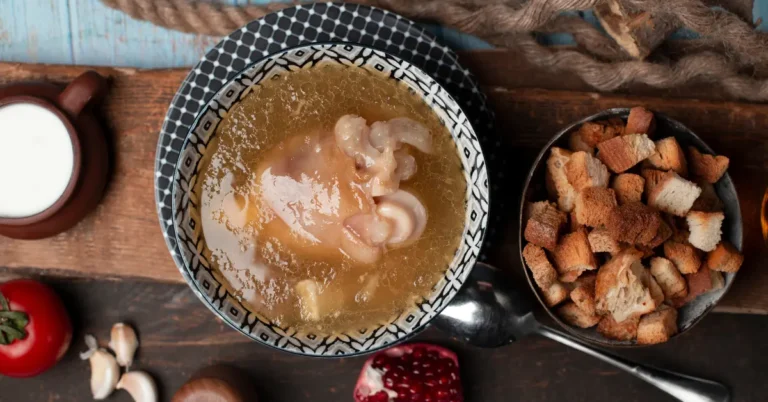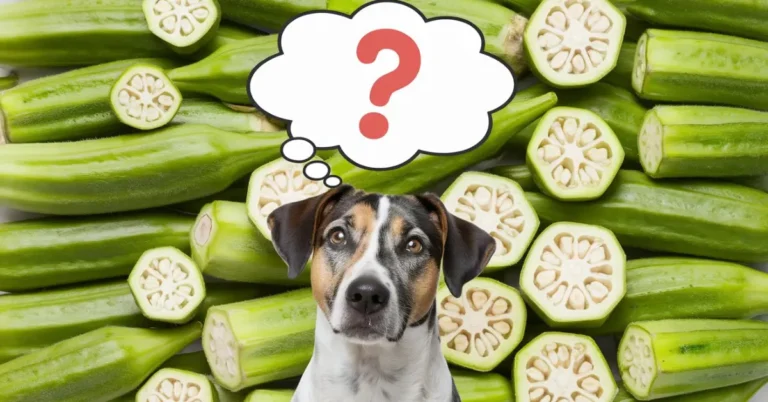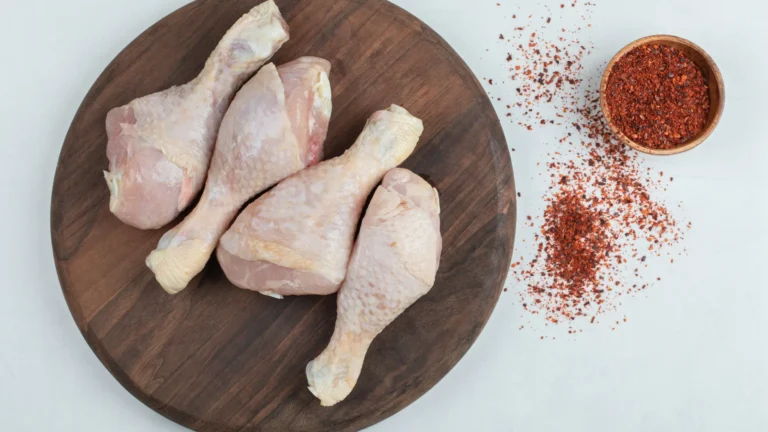Can dogs eat pecans? It’s a common question among pet owners. While pecans might be a healthy snack for humans, they can be harmful to dogs. From digestive issues to severe health risks, pecans are not a safe choice for your furry friend. This comprehensive guide dives deep into the risks of pecans, safer nut alternatives, and everything you need to know about protecting your dog’s health.
Table of Contents
Can Dogs Eat Pecans? Here’s the Truth
Dogs should not eat pecans. These nuts contain harmful compounds, including juglone and aflatoxins, that can make your dog sick. Even a few pecans can upset a dog’s stomach, while moldy or rancid pecans may lead to serious toxicity.
Are Pecans Good for Dogs?
Though pecans are rich in healthy fats and antioxidants for humans, these nutrients do not benefit dogs. Are pecans good for dogs? Absolutely not. The high-fat content in pecans can lead to pancreatitis, a painful and potentially life-threatening condition.
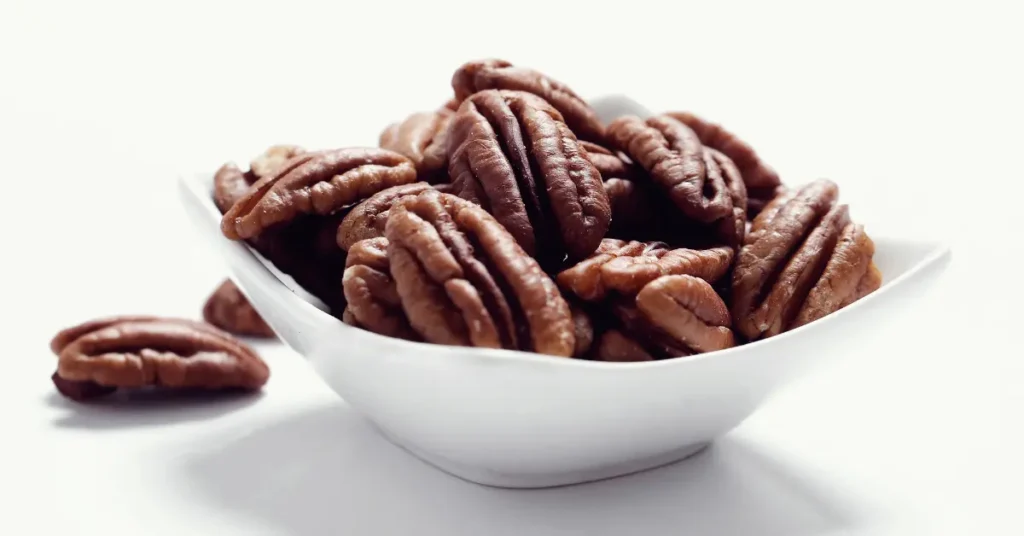
My Dog Ate 2 Pecans—What Should I Do?
If your dog eats a couple of pecans, monitor them closely. Symptoms like vomiting, diarrhea, or lethargy may occur within hours. While small amounts might not cause severe harm, even two pecans can lead to digestive distress. If symptoms worsen, contact your veterinarian immediately.
Can Dogs Have Pecans Without Getting Sick?
No, dogs cannot have pecans without risk. Even small quantities can cause problems due to their high-fat content and potential mold contamination. Over time, regular consumption can lead to chronic health issues like obesity and pancreatitis.
Can Dogs Eat Pecans or Walnuts? Here’s What You Need to Know
Both pecans and walnuts are unsafe for dogs. Walnuts, particularly black walnuts, are highly toxic and can lead to neurological symptoms. If you’re wondering can dogs eat pecans or walnuts, the answer is a firm no. Keep these nuts out of reach.
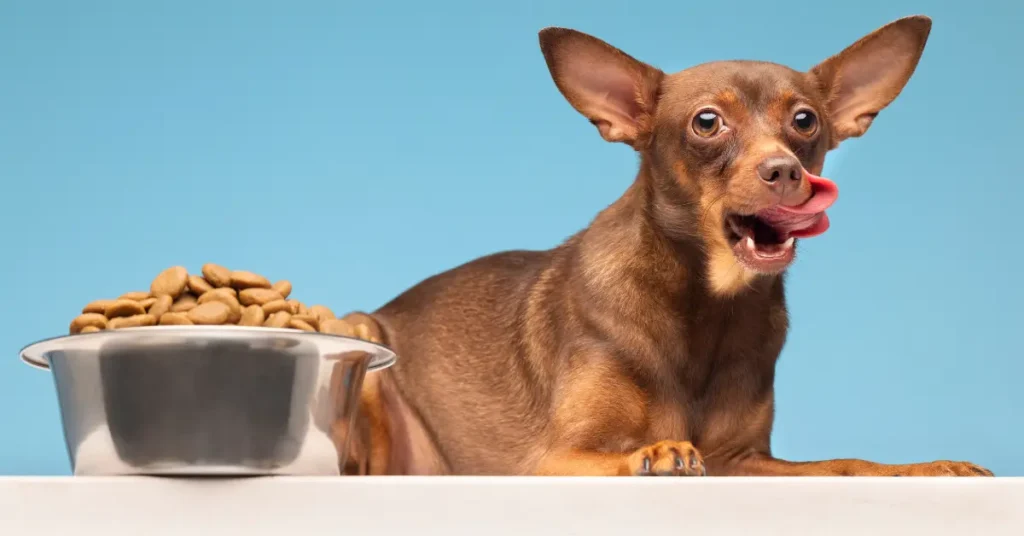
Are Walnuts Dangerous to Dogs?
Walnuts contain compounds like juglone, which can be toxic to dogs. Moldy walnuts can also carry tremorgenic mycotoxins, leading to severe tremors and seizures. This makes walnuts as dangerous as pecans, if not more so.
Can Pecans Kill Dogs?
Yes, pecans can be fatal for dogs in extreme cases. Moldy pecans may produce aflatoxins, which can damage the liver and cause seizures. Even fresh pecans can trigger acute pancreatitis due to their high-fat content. Can pecans kill dogs? While rare, the possibility exists.
Can Dogs Eat Pecan Ice Cream?
Pecan ice cream is a bad choice for dogs. Apart from the dangers of pecans, ice cream contains sugar, lactose, and sometimes artificial sweeteners like xylitol, which is highly toxic to dogs. Dogs should steer clear of any desserts containing pecans.
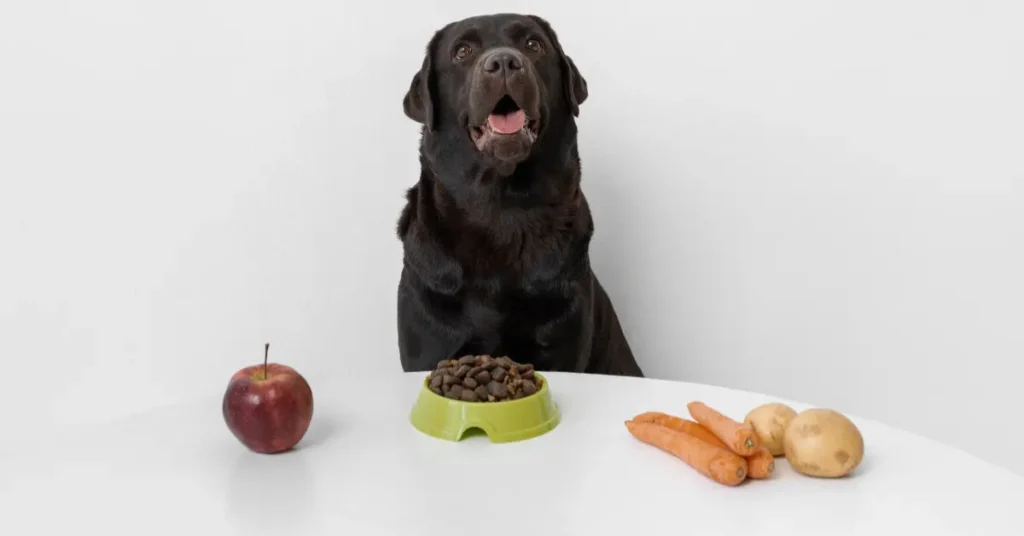
How Long After Eating Pecans Will a Dog Get Sick?
Symptoms can appear within 6–12 hours after consumption. Digestive issues like vomiting and diarrhea are often the first signs. If moldy pecans are involved, symptoms such as tremors, seizures, or jaundice may take longer to appear but are more severe. Early intervention is critical.
What Nuts Can Dogs Eat Safely?
If you’re curious what kind of nuts can dogs eat, the list is short. Unsalted peanuts and cashews in moderation are generally safe. Always avoid nuts that are salted, spiced, or flavored. Almonds and pistachios are also best avoided due to their potential choking hazards.
Can Dogs Eat Almonds or Cashews?
Cashews can be a safer nut option when given in small amounts. They’re lower in fat compared to pecans and walnuts. Almonds, while not toxic, are harder for dogs to digest and can pose a choking risk. When it comes to can dogs eat almonds or cashews, cashews are the better choice, but moderation is key.

Are Cooked Pecans Bad for Dogs?
Yes, cooked pecans are just as bad as raw pecans for dogs. Cooking does not remove the harmful compounds or reduce the fat content. Are cooked pecans bad for dogs? Absolutely—they remain a no-go in all forms.
Can Dogs Eat Pecan Pie? Here’s Why They Shouldn’t
Pecan pie combines the dangers of pecans with high sugar content, spices, and other ingredients like butter. These are all harmful to dogs and can lead to digestive upset or more severe conditions. If your dog eats pecan pie, consult a vet immediately.
Safe Snack Alternatives for Dogs
Instead of pecans, consider these healthy treats:
- Carrots: Low in calories and great for dental health.
- Blueberries: A rich source of antioxidants.
- Plain peanut butter: Make sure it’s xylitol-free.
- Apple slices: Remove seeds and core for safety.

Tips to Prevent Pecan Poisoning
- Store nuts securely: Keep pecans and other dangerous nuts out of reach.
- Train your dog: Teach commands like “leave it” to deter them from eating harmful items.
- Be cautious during holidays: Pecans are common in holiday dishes and desserts.
Conclusion
In summary, can dogs eat pecans? No, they cannot. Pecans are harmful to dogs due to their high fat content, potential mold contamination, and toxic compounds. Even a small amount can lead to digestive issues or serious health risks. Instead, opt for safe and dog-friendly snacks like carrots, blueberries, or xylitol-free peanut butter. When in doubt, consult your veterinarian to ensure your pup stays happy and healthy.
If you enjoyed this article, check out more from Pawtify:
- Can Dogs Eat Okra? Shocking Facts You Need to Know
- 10 Shocking Facts About Can Dogs Eat Shrimp: Safe or Dangerous?
- 15 Must-Know Tips to Choose the Best Dog Beds for Your Furry Friend
FAQs
1. What happens if my dog eats pecans?
Pecans can cause vomiting, diarrhea, or pancreatitis. If symptoms worsen, contact your veterinarian immediately.
2. What nuts are toxic to dogs?
Pecans, walnuts, macadamia nuts, and pistachios are all toxic to dogs and should be avoided.
3. Can dogs eat pecans and almonds?
No, pecans are harmful, and almonds, while less dangerous, can still cause digestive issues and choking.
4. What if my dog ate some pecan pie?
Monitor for symptoms like vomiting or diarrhea and consult your vet. Pecan pie contains harmful ingredients.
5. Are cooked pecans safe for dogs?
No, cooked pecans remain as harmful as raw pecans and should never be given to dogs.

